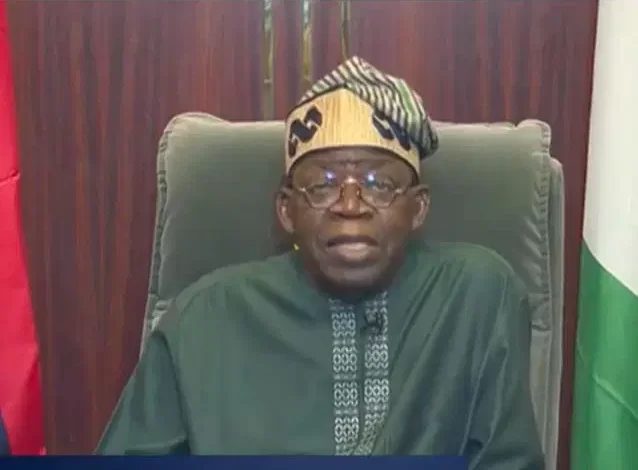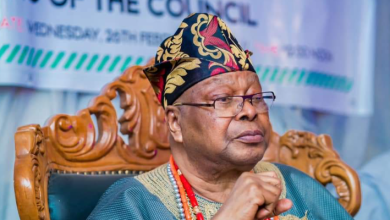Let’s Join Hands To Develop Energy Sector — President Tinubu

President Bola Tinubu has reiterated the Federal Government’s commitment to supporting the growth of universities, particularly in securing opportunities to help enhance the fulfillment of its mandate and lead in the energy sector.
Tinubu gave the assurance at the 4th convocation of the Federal University of Petroleum Resources, FUPRE, Effurun, Delta State, insisting that all hands must be on deck to partner the Federal Government in empowering FUPRE to become a global hub for energy education and innovation.
The President, who was represented by the Vice-Chancellor, Nigerian Maritime University, Okerenkoko, Prof. Emmanuel Adigio, noted that graduates of today should note that Nigeria and Africa were looking up to the youths to lead the transformation of our societies and innovators, who would develop and sustain able energy solutions.
In his speech, the Vice-Chancellor of FUPRE, Prof. Akpofure Rim-Rukeh, said the convocation also marks the conclusion of his five-year tenure as Vice-Chancellor of the university.
He disclosed that a total of 3,369 students, including 2,683 undergraduates and 686 post-graduates, with 51 earning first-class honors, while six individuals would also receive honorary degrees for their outstanding contributions.
Also speaking, the Chancellor of the university, Oba Babatunde Ajayi commended the staff and students of the school, stressing that they have done greatly in elevating the standard of the university, since it was established in 2007.




